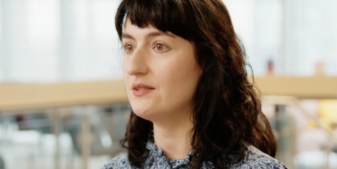The head of the UK’s main betting and gaming lobby group told MPs that gambling does not cause any social ills.
Grainne Hurst, chief executive the Betting and Gaming Council (BGC), made the statement to parliament’s Treasury select committee on Tuesday.
“I would disagree that there are social ills as a result of it. I think that it is properly taxed in the system. Our argument is that if you increase further any additional taxes on the industry, it will put jobs at risk, will put shops at risk, will put sports sponsorship at risk.”
Hurst also claimed that higher taxes would result in thousands of job losses and push bettors into using black market services.
Recent analysis backed that up, predicting it would cost up to 40,000 jobs – almost half the 109,000 people currently employed directly and indirectly by the industry.
The study commissioned by EY concluded the government will generate just over £1 billion in the short term but when factoring in job losses, lower corporation and National Insurance contributions as well as closed betting shops, it could account for less than £500 million.
In July, a YouGov survey also revealed 28% of UK gamblers could head for the black market if Chancellor Rachel Reeves follows through on proposals.
The Institute for Public Policy Research (IPPTR) think tank is of the opinion Reeves could generate an additional £3.2 billion a year for the budget if creating one single rate for online gambling tax.
It is currently taxed at 15% of gross profit on racing and pool betting, increasing to 21% for casino games and slot machines – and the two are expected to be combined with a levy higher than 30%.
Earlier this month Betfred threatened to shut all betting shops across the UK in the event of tax harmonisation, the latest in a string of major firms to publicly declare intentions to downsize.
Reeves will deliver her autumn budget on November 26.

